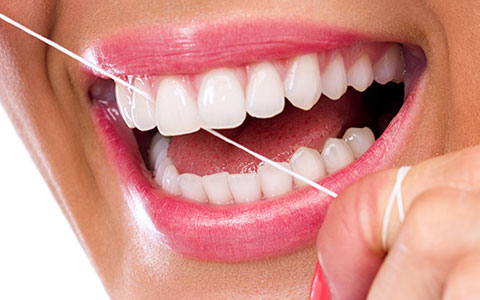Dental Terms
Bruxism Boardman
Understanding Bruxism in Boardman at Johanna Nogay, DMD
Bruxism, often referred to as teeth grinding, is a common dental issue characterized by the grinding or clenching of teeth, often accompanied by jaw muscle contractions. This oral parafunctional activity occurs in varying degrees in most individuals. Bruxism is not a learned habit but is rather caused by the activation of reflex chewing activity, making it a complex neuromuscular phenomenon.
The control of chewing involves reflex nerve pathways and higher brain control. During sleep, the reflex part of this process remains active while the higher control is inactive, leading to bruxism during the night. For many, bruxism is mild and does not pose a significant health concern. However, some individuals experience severe bruxism that can result in noticeable symptoms.
Sleep bruxism is categorized as a sleep-related movement disorder. Individuals who grind or clench their teeth while asleep are more likely to experience other sleep-related problems, including snoring and episodes of interrupted breathing known as sleep apnea.
In cases of mild bruxism, treatment may not be necessary. However, for those with frequent and severe bruxism, it can lead to jaw disorders, chronic headaches, dental damage, and other related issues.
It's important to note that you may have sleep bruxism without being aware of it until complications arise. Therefore, understanding the signs and symptoms of bruxism is crucial, and regular dental check-ups are recommended to monitor and address any potential issues.
Contact Johanna Nogay, DMD for Comprehensive Dental Care in Boardman
If you suspect you may be dealing with bruxism or have experienced any related symptoms, don't hesitate to reach out to Dr. Nogay at Johanna Nogay, DMD. We are conveniently located at 8170 South Avenue, Suite 1 in Boardman, OH. Call (330) 953-1008 to schedule your appointment today.

